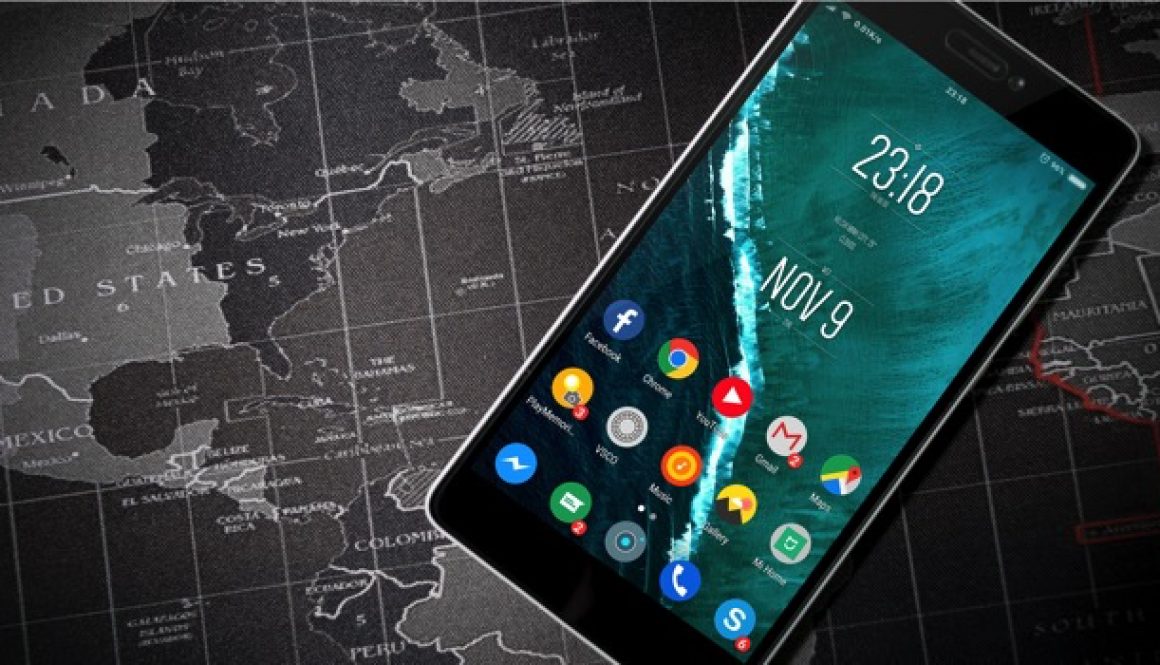Local Leaders Are Global Leaders: Developing A Global Mindset
In today’s connected society it is virtually impossible to be a local leader. A global mindset is a necessary cornerstone of the foundation of leadership today. Leaders often have a digital reach much more significant than imagined via technology. During my first Doctoral Residency, I was made aware of how my local leadership had a global reach. A few of my professors on the East Coast informed me that they actively follow my posts and live worship sessions on Facebook and through other various platforms. I grew slightly embarrassed because I did not realize the reach I was having. I thought to myself, “I most certainly could refine my posts.” I now strive to release more information and host live worship sessions with quality, rather than quantity, to make a better impact. Creating positive and reflective interactions with my followers brought value to them and value is the most important investment that can be made. I aim to develop a global mindset when I share information, so I can better relate and work with others.
Individuals with a global mindset can work with and influence people, organizations, and institutions that are differnt from their own. ~Being global: how to think, act, and lead in a transformed world.
The globalization of the workforce brings people together, but that does not mean people can work well together without adaption. People understand things differently based on their context, including the culture in which they exist among various other variables. To avoid condemnation of other cultures, we must aim to understand people groups have diverse sets of attributes. Cultures can have a wide-array of variances based on physical attributes, location, religios, diversity, etc. Professional who practice cultural agility possess three attributes, which create effectiveness in the global marketplace:
- Manage their response quickly to interact with other cultures, while building trust and credibility.
- Develop effective communication to build trust, credibility, and complete tasks.
- Have decision-making skills that allows for culturally-sensitve responses.
Cross-cultural leadership in the global marketplace should begin through the development of relationships. Shared meaning should be developed as relationships are built, and trust should be established through the elimanation of bias. Furthermore, we can realize the importance of surrendering ourselves to love. John 13:34 teaches we are to love each other. When we love others, we must attempt to get into their world and understand based on their point of view. Leaders who learn to walk in love are able to move past their own understanding of the world. They have a deep desire to get to know others and understand them, rather than to judge others. Love is the driving force in the development of relatiosnbips that helps us to prmote the well being of others for their own sake, and not because we want something from them. Developing a global-mindset and cultural understanding can come, and for the Christian leader should come from a love-based perspective, which drives a desire to learn more in their context.
No matter where you are, or what you are doing — begin to think globally!

